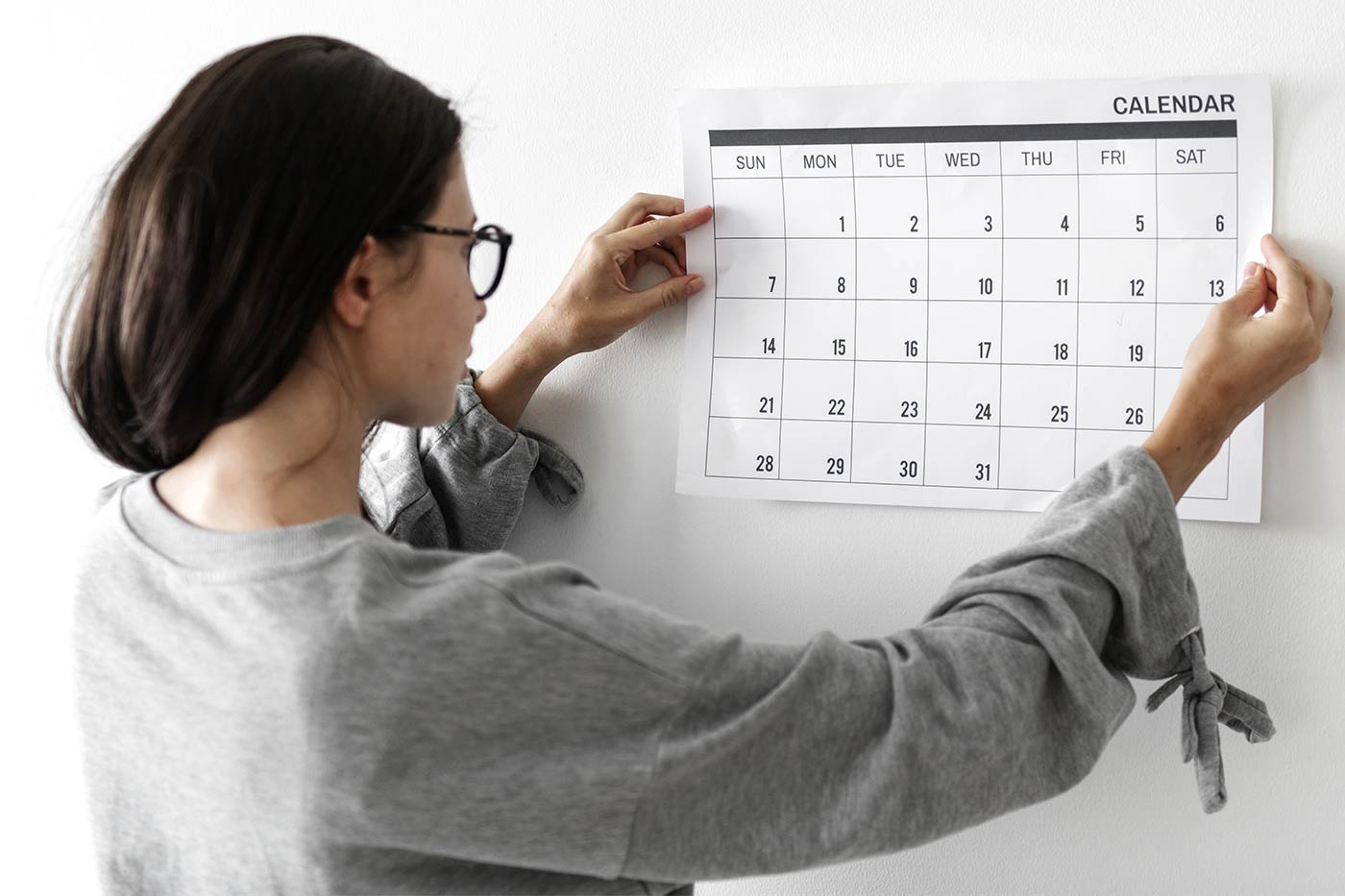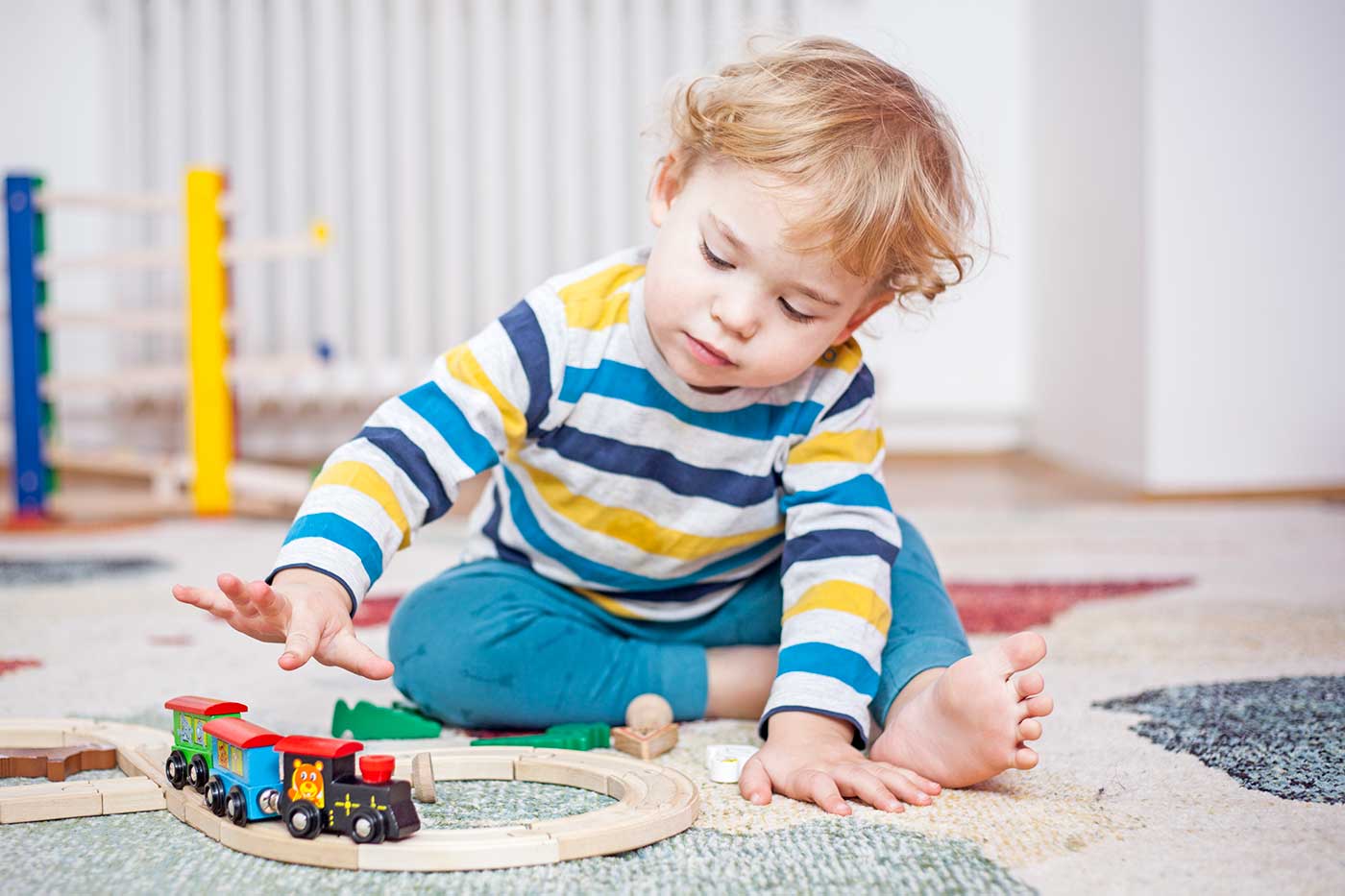How to Spend Time with Your Family (Even as a Busy Mom)
Feel guilty for rushing through the day without quality time with the kids? Learn how to spend time with your family, even as a busy mom.
 Don’t feel like you have enough hours in the day to connect with your family?
Don’t feel like you have enough hours in the day to connect with your family?
You’re not alone.
I get emails from moms with a common challenge: how to spend time with your family on top of all that we have to do.
Perhaps you’re torn between working long hours and the guilt of not spending enough time with the baby. Maybe you’re scrambling to get work done before the kids’ bedtime, or find yourself buried beneath the responsibilities you can’t seem to say “no” to.
It doesn’t help when the kids seem to grow so fast, or that they keep wondering where you are.
I’ve worked all sorts arrangements, from your standard 9-to-5 day job to working at home to running a small business. I’ve taken on my share of responsibilities, school volunteer duties, and time spent with my extended family and friends.
Like you, I’ve had my hectic days, overwhelmed with how I got myself too busy to slow down and be present with my kids. I didn’t want to simply survive these days, but actually get to enjoy them. To have a healthy relationship with my kids and a strong family bond.
And I certainly didn’t want to look back on these years with regret.
Thankfully, I’ve learned a few lessons on balancing my responsibilities and building a stronger bond with my family, no matter the situation or season. Take a look at some of the ways to spend time with your family, even as a busy parent:
Table of Contents
1. Find quick play ideas you can do after work
Those hours after work and school don’t always afford busy working moms plenty of time to spend with our families. Still, finding play ideas you can do after work isn’t impossible. You can often combine a simple errand or a low-key, fun activity within these few hours.
Don’t feel like you always need to do grand outings or daily plans., either These are, after all, weekdays where you and your kids have been busy most of the day. Stick to simple activities, crafts, and traditions, starting with one night a week to make it more manageable.
Maybe you’ll have game night and play a board game with the whole family, or bake cookies to take to a picnic the next day. Focus on activities that fit into your busy schedule so you don’t feel stressed or pressured.
Free ebook: Want simple tweaks to stop feeling overwhelmed and start managing your time? Join my newsletter and grab Time Management Strategies for the Overwhelmed Mom below—at no cost to you:
2. Have dinners (or breakfasts) together regularly
Sometimes we’re so bent on rushing through the day that we overlook a simple but effective way to spend quality time other family members: over a meal.
Try to have at least one meal with your kids every day. That might be breakfast with a bowl of oatmeal before everyone heads off to school or work, or in the evening when you all gather around the dinner table. Not only are you able to be together, you’re also reaping the benefits of regular family dinners.
Even if you or your partner can’t make it to the table on time because of work, try to make family meals a regular part of your day. Don’t let that stop you from gathering the kids and sitting down together.
Have dinner at the same time and place every night so your kids know when to expect to eat together. Use this time to engage in a meaningful conversation using open-ended questions or asking them about school.
And eat with them. I know life gets so frazzled that sometimes, you have no choice but to eat long after they’re asleep, but make that a temporary arrangement. As hectic as it may seem, your kids need you there.
3. Read together as part of your bedtime routine
One of my favorite traditions is reading books with my kids every night before they head to bed. It’s become such a part of their routine that we rarely skip this step.
Before the twins were born, I could easily devote all my time to my eldest, including fun learning activities. I kept him engaged with daily activities even when he was a baby, and read to him for hours every day.
But after welcoming the twins home, time became harder to find, not just for my eldest but for any of them.
That all changed the day I realized my infant twins couldn’t care less about books. Whereas their older brother had devoured books at their age, my two youngest had no interest and could barely sit still.
I knew then that we had to incorporate reading and learning into our days. We may not have had the same amount of time my eldest and I did, but I still wanted activities we could all do together.
Whether with one book or more, gather your kids for family reading time after they’ve bathed and changed into pajamas.
If they have separate bedtimes, you can have two different reading times, but it’s also fine for the older ones to read to their younger siblings. Even babies can participate—I started reading when my eldest was a baby before putting him down to sleep.
4. Do chores with the kids
If you’ve ever had your kids “help” with household chores, you know that what would normally take 5 minutes now takes 20 or more.
I’ve struggled with this myself, sometimes shooing my kids away when they ask to cook or help me clean (shame, I know!). I keep thinking how much quicker and more efficiently I can get the task done if I did it myself.
Thing is, most of our spare time is spent doing chores, often at the expense of hanging out with the kids. Think of those long nights when you’re doing so many chores you crash and head straight to bed, too exhausted to even tend to your well-being and mental health.
Of course, many chores are necessary and non-negotiable. We can’t have dinner without cooking, or clean clothes with the laundry piled too high.
But instead of doing them all yourself, get the kids involved. Yes, you might get the task done in half the time, but think of it this way: you’re combining two activities in one that, done separately, might take you more time.
And while these tasks may seem boring or tedious to us, they could be the moments that serve as memories for our kids.
They’re intrigued by everything around them, including tasks we don’t find entertaining. From sorting laundry to grocery shopping, daily tasks can provide the right engagement. They love helping us, even with mundane tasks.
And the more responsible they feel, the more positive they take to the task, setting them up for good habits down the line.
So, don’t discount chores, or even the ordinary tasks like changing diapers or running an errand, as hassles. They might turn out to be fun your kids.
5. Reevaluate your to-do list
Take a look at any mom’s to-do list and you’ll likely see many well-meaning tasks. Maybe it’s the volunteer duties we signed up for at the kids’ school, or the fitness classes we vowed to take. Others even seem like non-negotiable tasks, like picking up a box of diapers or calling the plumber to fix the kitchen sink.
But I bet that if you take a hard look at your list, you can find ways to make them feel less overwhelming.
Why is this important? The more you free up your tasks, the more time you’re able to spend with the entire family, both physically and mentally (because those tasks take up our attention even when we’re with them!).
For instance:
- Which tasks do you truly enjoy? Did you volunteer at your child’s school out of peer pressure and obligation, or do you like being able to contribute in this way?
- What can you cut back? Even if you do like volunteering, is there another task or responsibility you can do that takes up less time? Do you justify kids-related duties as more important (never mind that you aren’t enjoying quality family time)?
- How can you make this task more effective? Does grocery shopping take up a ton of time? Sign up for grocery pick-up or delivery. Do you hate buying up forgotten items during the week? Set reminders on your calendar to buy them all at the same time (or at least ahead of time).
- Do these tasks help you with your goals? In the short-term, many of your tasks seem important, but take a step back and think big picture. What are your ultimate goals, and do these tasks you’re doing now help or hinder you from reaching them?

6. Be mindful and present
It’s easy to assume you don’t have much free time, but if you broke your day down into half-hour chunks, you might see that you have more time than you think.
You see, the lack of time can stem from how you interact with your family than the actual time spent with them.
The next time you’re with them, try this: focus completely on the moment. Don’t let your mind wander to other thoughts or things to do (write them down on a piece of paper if you want to clear it out of your head). Don’t multitask or do anything else.
Simply be with your family.
No matter how much time you spend—whether 10 minutes or three hours—you can feel more mindful and aware of being with your family.
7. Schedule activities on a planner
I live by my planner (I use Plum Paper). If it’s not on there, I’ll forget all about it. For both major and minor activities and outings, I make sure that I record it on the planner so I know to make time for it.
This is especially useful for weekend activities, from a trip to the zoo to weekly farmers’ market trips. Even if I wanted to run an errand or take them to the pool, I’ll record it on the calendar so I commit to doing it.
Don’t assume that time to spend with your family will naturally happen. By scheduling your activities into a planner, you remind yourself of the plans you’ve made.
Expert tip
Sign up for free or discount tickets to your local museums and children’s venues. For instance, in Los Angeles, I use the county library to score free tickets to popular attractions. This forces you to block off certain dates to spend time with your family.

8. Connect with your kids
When our kids haven’t seen us in a while, their “buckets” are empty and need to be refilled. Maybe that’s after a day of school or even at night while we sleep. Meanwhile, we’re thinking about other things like errands or rushing through the morning routine.
The result? We feel frazzled and less eager to see them as they are to see us.
What if we open the door to their bedroom and greet them with a warm hug? Or a smile when we see them after work? We can feel glad to see them again, and they’ll reward us with more compliance and less resistance.
Take it further and spend a few minutes engaged with your kids. Sit next to them as they snack and ask them about their school day. Or play trucks on the floor a few minutes before starting your workday. No other distractions or tasks—just you and your kids.
Your life flows more harmoniously when their needs as well as yours are met.
9. Plan a family game night
Family game nights are awesome for so many reasons. They’re multi-generation, so anyone from the little kids to grandma can join in. Every game is a learning activity, and no two game experiences are ever the same. Here are a few tips to make family game night a fun tradition in your family:
- Decide on one or two games. Anything more might be too long, especially for younger children.
- Pick age-appropriate games. You’re never too old to play board games, but sometimes you can be too young to play a few.
- Adjust the rules as needed. Younger kids may need flexibility with the rules or how the game is played. For instance, if you’re playing Jenga, set aside a few blocks that your younger child can tinker with while your older kids play by the rules.
- Focus on the process, not always on winning. Yes, games have winners, but the way we treat winning can make a difference. Focus on the process of the game and the strategies your kids develop to move ahead. And talk about everyone‘s effort. For instance, when we play Candy Land, I say, “We’re getting so close!” instead of highlighting who’s ahead and who’s not. And we congratulate the winner for a job well done.
- Make game night a tradition. Whether weekly or monthly, game nights can be something your kids can look forward to.
Conclusion
We all have the same 24 hours in a day. It’s not about unearthing magical hours, but taking a look at what’s most important and maximizing the time you do have with your family.
Having regular dinners as a family or reading bedtime books together can serve as fun ways to spend time and build family relationships. Re-evaluate your to-do list to see what’s truly important, and schedule family activities on your calendar.
Outings don’t have to take a long time—simple activities after work and school can be all you need. You might even do chores with the kids as a way to spend time with them instead of separating the two tasks.
And finally, regardless of what you decide to do, practice mindful parenting and make the moments count. You might find that it all comes down to quality, and not so much the quantity, of time you have.
Finding time to spend with your family and strengthening family bonds are totally possible, from grand museum trips to eating breakfast over a bowl of oatmeal.
Get more tips:
- How to Establish a Solid 2 Year Old Bedtime
- How to Make Time for Your Partner (Even If You Have Kids)
- How to Give Your Kids Attention (Even when They Want It at the Same Time)
- Time Management for Moms: Tips You Can Actually Apply
Don’t forget: Join my newsletter and grab Time Management Strategies for the Overwhelmed Mom:




